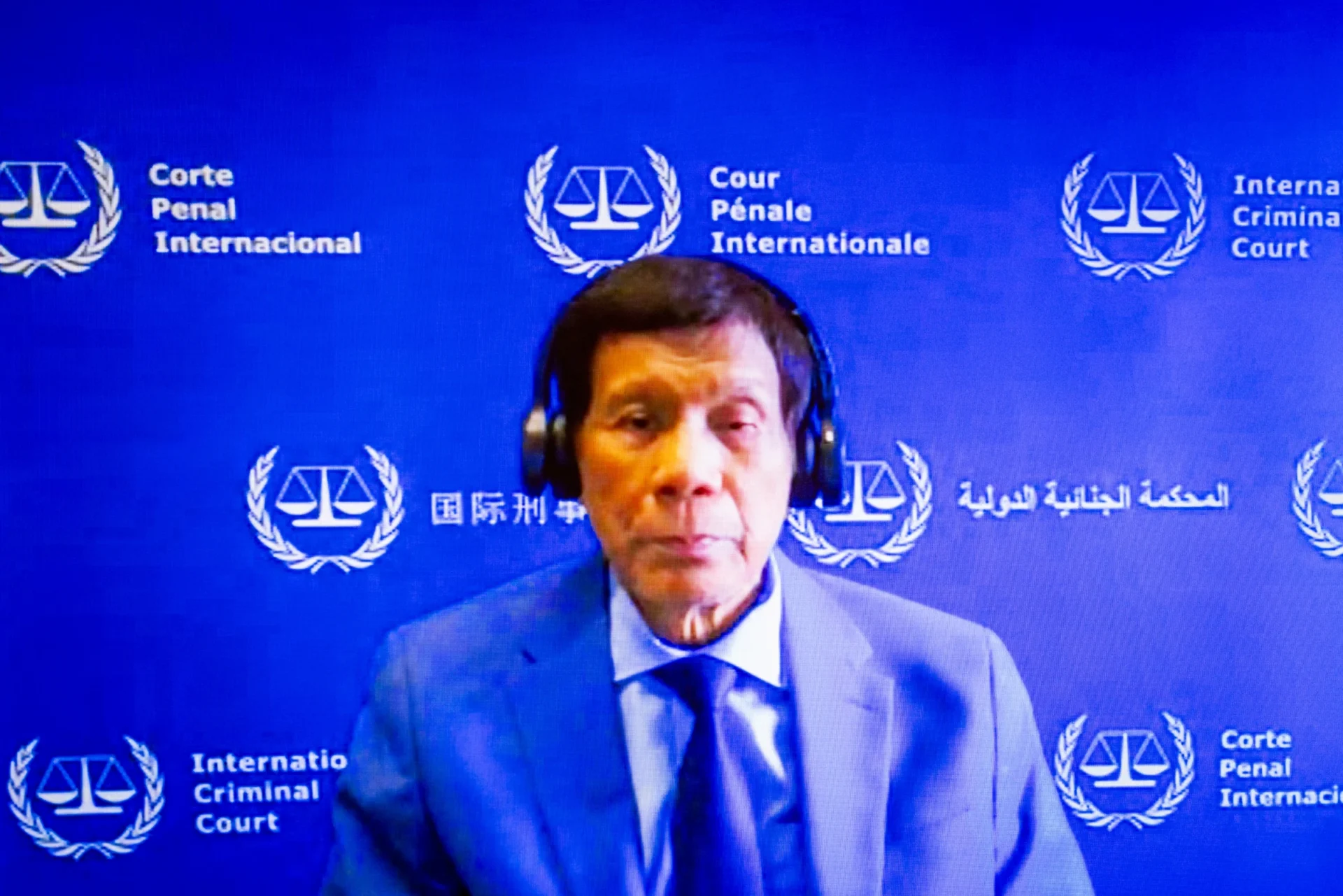The debate over former Philippine President Rodrigo Duterte’s accountability for the extrajudicial killings linked to his controversial war on drugs continues to stir national and international discourse. A recent survey conducted by the Social Weather Stations (SWS) has shed light on the sentiments of Filipinos regarding whether Duterte should be held responsible for the bloodshed that marked his administration’s anti-drug campaign.
Majority of Filipinos Support Duterte’s Accountability
According to the SWS survey commissioned by Stratbase and conducted between February 15 and 19, 2024, a significant portion of the population—51% of respondents—believe that Duterte should be held accountable for the killings that occurred under his administration’s war on drugs. The data suggests that more than half of the Filipino population acknowledges the need for the former president to answer for the deaths associated with his policies.
Meanwhile, 25% of respondents expressed disagreement with this notion, asserting that Duterte should not be held liable for the killings. Another 14% remained undecided, while 10% admitted they lacked sufficient knowledge to form an opinion on the matter.
Regional Breakdown of Support for Duterte’s Accountability
Interestingly, the survey also provided a regional analysis of public opinion, highlighting areas where the call for accountability is strongest. The Visayas recorded the highest percentage of agreement, with 62% of respondents supporting the idea that Duterte should be held liable for the drug war deaths.
Other key findings from the regional data include:
- Northern Luzon: 60% agree
- Balance Luzon: 49% agree
- Central Luzon: 48% agree
- Mindanao: 47% agree
- National Capital Region (NCR): 45% agree
- Southern Luzon: 44% agree
These figures indicate that the perception of Duterte’s accountability varies across different regions, with the Visayas and Northern Luzon displaying the strongest sentiments in favor of legal repercussions.
Context: The War on Drugs and Its Implications
Duterte’s war on drugs was one of the most controversial policies of his presidency, drawing both praise and widespread condemnation. While supporters argue that his hardline stance on narcotics led to a decrease in crime rates and restored law and order, critics and human rights groups assert that the campaign resulted in thousands of extrajudicial killings, disproportionately targeting the poor. International organizations, including the United Nations and the International Criminal Court (ICC), have raised concerns about human rights violations and have called for further investigations into the killings.
The results of the SWS survey suggest that public opinion on Duterte’s accountability remains polarized. The high percentage of agreement indicates a growing demand for justice and accountability, especially as international bodies continue their inquiries into alleged human rights abuses.
What’s Next? The Legal and Political Landscape
The question of whether Duterte will face legal consequences remains uncertain. While the Philippine government under President Ferdinand Marcos Jr. has signaled a different approach to the drug war, it remains to be seen whether domestic institutions will hold the former president accountable.
On the international front, the ICC has been actively investigating alleged crimes against humanity linked to Duterte’s drug war. The Philippine government has repeatedly pushed back against the ICC’s involvement, arguing that the country’s legal system is fully capable of handling such matters internally. However, given the mixed public sentiment and the increasing calls for accountability, legal and political developments in the coming months will be crucial in determining the next steps in this ongoing debate.
Conclusion: A Nation Divided but Seeking Justice
The SWS survey highlights a nation grappling with a contentious chapter in its history. While a majority of Filipinos believe Duterte should be held accountable for the extrajudicial killings, a considerable portion either disagrees or remains uncertain. The regional disparities in opinion reflect the complex nature of political and social perspectives across the country.
As the discussion continues, the key question remains: Will Duterte ever face legal consequences for his administration’s actions, or will this be another case where accountability proves elusive? Whatever the outcome, the voices of the Filipino people, as captured in this survey, serve as a crucial gauge of the country’s evolving stance on justice, human rights, and governance.


